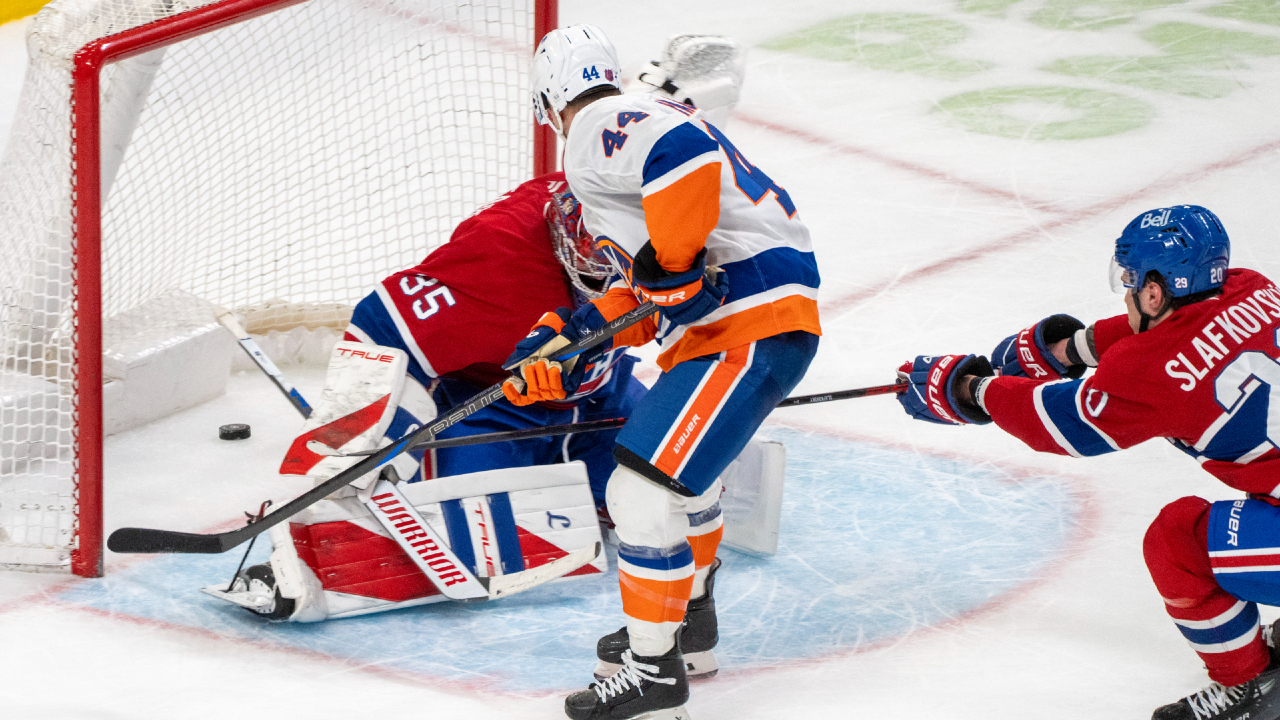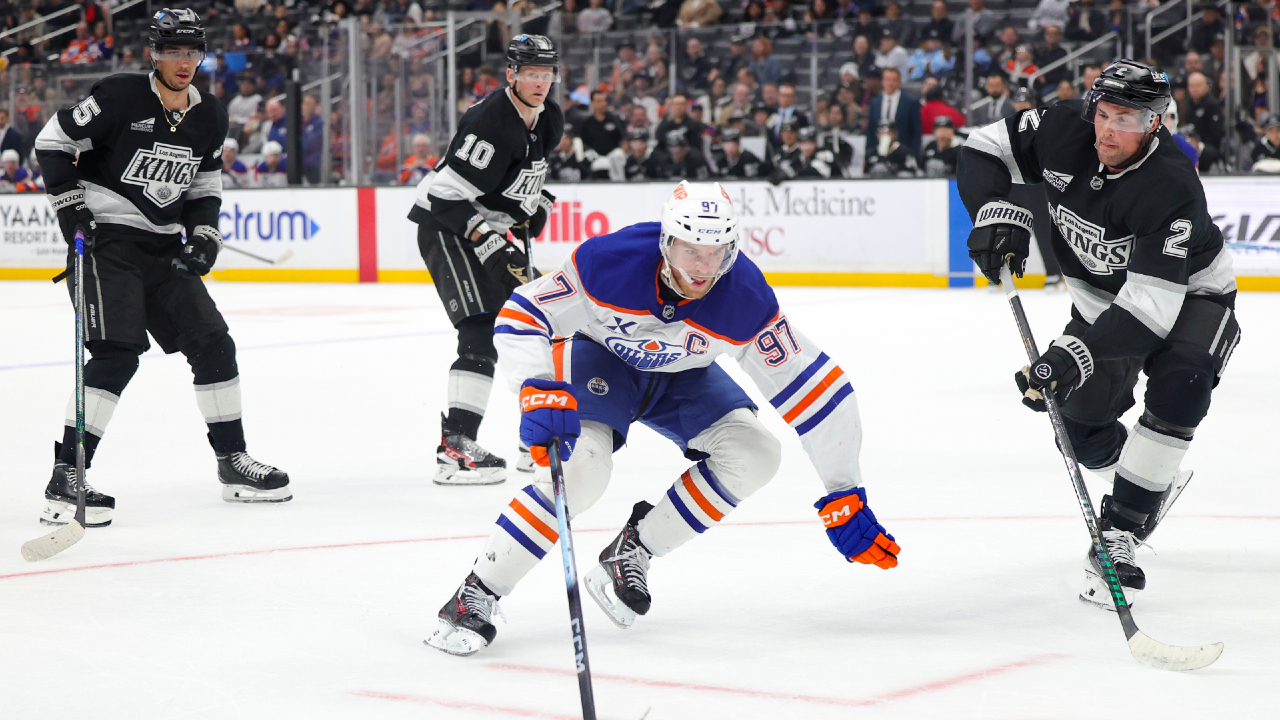
The game is growing rapidly in America. But so is an awareness from those who see it as first and foremost as a business opportunity
From the curtains of rain at his unveiling to the flawless top-corner winner in the final minute of his debut off the bench and the video-game soccer on display in his first start in flamingo pink, Lionel Messi’s beginnings in Miami have seemed providential, almost biblical. Messi is not, of course, the first aging superstar to put himself out to pasture on the gentle greens of US soccer. Pelé set the precedent, and many will follow once Messi has gone. But to choose America now? In this economy? With Saudi Arabia’s gushing riches within reach, and the lure of nostalgia calling him back to Barcelona? Surely that says a lot.
Or perhaps it says nothing. For every charitable reading of the Messi-provided tea leaves today, an opposite and proportionately negative interpretation also seems plausible: the downpour at Messi’s unveiling was proof of the idiocy of running a soccer league through the extremes of the American summer, the PlayStation skills Messi treated us to in his first MLS start was only possible thanks to Atlanta United’s Commodore 64 defending, and so on. But Messi is Messi, even at 36: an argument all to himself and a divinity in any league. The arrival on these shores of a player uniquely able to shape the game to his will seems to portend the creation of a new reality for American soccer.




